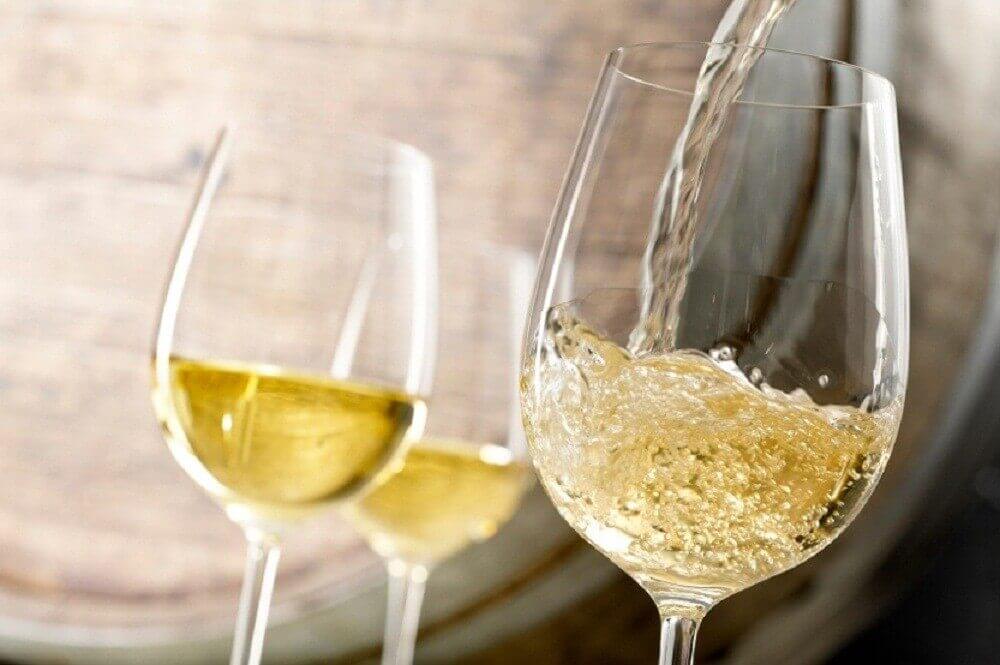Which is Healthier, Expensive or Cheap Wine?

Is the price of wine related to its health benefits? Is expensive wine healthier than cheap wine?
Studies show that moderate wine consumption is beneficial to the body thanks to its properties.
Now, when choosing which one to go with, it’s good to know that the cost can be related to its benefits. Before buying, let’s see which wine is healthier.
Wine is an ancient drink. It’s valued in many cultures for its properties.
Wine prevents cardiovascular diseases, improves intestinal flora and digestion, helps metabolize fats, has active antioxidants, and much more.
In the market, you find more expensive wines than others depending on their origin and time aging.
Many people wonder if the cost influences how healthy it is.
Today, we’ll find out.
Type of wine and health

Good is not always expensive
The keyword is polyphenols. These are bioactive compounds that come from plants and that, although the body can live without them, they are highly beneficial.
Polyphenols are found in the skin of fruits and vegetables and serve to protect vegetables from external aggression.
For our bodies, they provide antioxidants and anti-inflammatory agents.
The wine that contains the most polyphenols is red wine.
Here’s a clue to evaluate which wine is healthier:
- When assessing the health-price relationship, it’s important to know that there are different opinions on this.
On the one hand, young red wines are the healthiest because they conserve more polyphenols.
Remember that young wines are those that have not been aged in barrels, but bottled after their making. Plus, they’re mostly made with intact grains.
This causes the substances that form it that help maintain properties that can be lost with time. Hence, some consider them healthier wines.
The tannins

Wine and the relation with the purchase price
Wines that have been aged the longest are Crianza, Reserva, Gran Reserva, and Premium varieties.
Each one of them stayed several months in oak barrels and this variable influences what you pay for it.
Longer aging time is equivalent to a more expensive product, and more complexity in its flavor.
So, which wine is healthier?

All cited sources were thoroughly reviewed by our team to ensure their quality, reliability, currency, and validity. The bibliography of this article was considered reliable and of academic or scientific accuracy.
-
Vidavalur, R., Otani, H., Singal, P. K., & Maulik, N. (2006). Significance of wine and resveratrol in cardiovascular disease: French paradox revisited. Experimental and Clinical Cardiology.
-
Saleem, T. S. M., & Basha, S. D. (2010). Red Wine: A Drink to Your Heart. Journal of Cardiovascular Disease Research. https://doi.org/10.4103/0975-3583.74259
-
Waterhouse, A. L. (2002). Wine phenolics. In Annals of the New York Academy of Sciences. https://doi.org/10.1111/j.1749-6632.2002.tb02903.x
-
Shrikhande, A. J. (2000). Wine by-products with health benefits. Food Research International. https://doi.org/10.1016/S0963-9969(00)00071-5
This text is provided for informational purposes only and does not replace consultation with a professional. If in doubt, consult your specialist.








